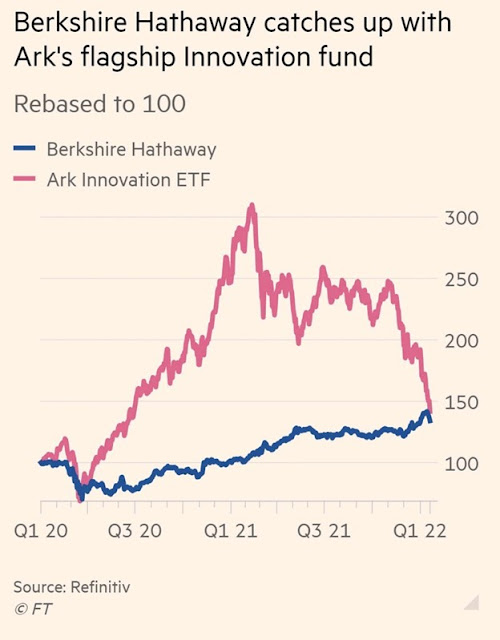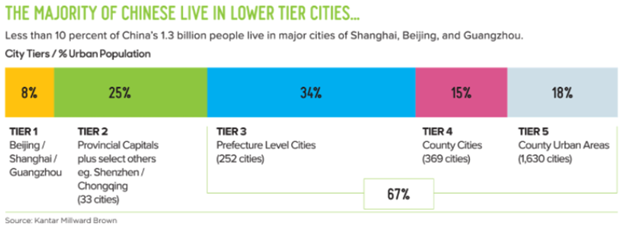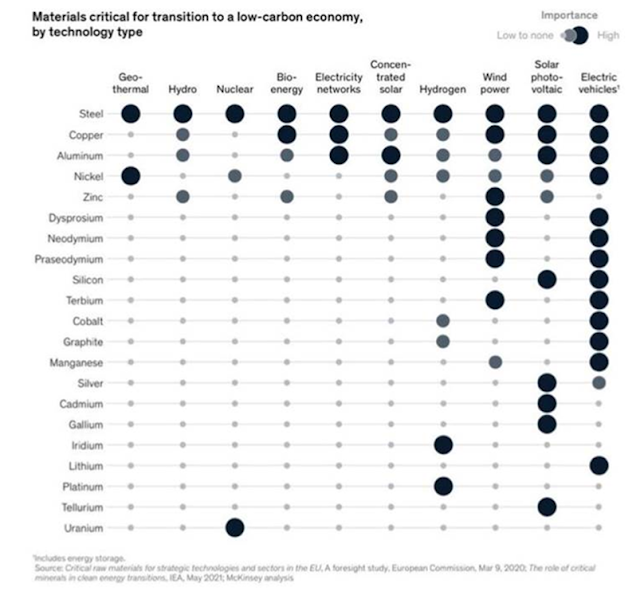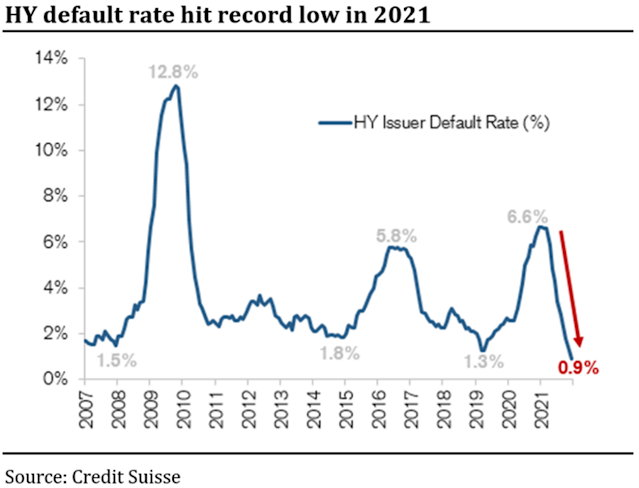This week in charts
Being an Amazon Seller in 2021; Year in Review
I’m the founder and CEO of Viahart (est. 2010), an e-commerce focused educational toy company. We did $8.8 million in sales in 2021. This article is going to tell you what it was like to run this business in 2021 vs. 2020, amidst threats like the Amazon aggregators, supply chain difficulties, inflation, and even getting “dragged” on social media.
Sometimes I ask people what they would do if they ran my company. The most common answer is “build your business off Amazon”. Amazon was 98.1% of our sales in 2018. We’ve now got it down to 90.8% in 2021. At the current trend, it’ll take us 17 years for Amazon to account for less than 50% of our business.
That’s a problem. You don’t want too many sales concentrated with a single customer because if they change their mind about you, your business can evaporate overnight. With Amazon at 90.8% of our sales, were we to lose them, we could not afford to pay our rent nor the wages of our employees. Further, without Amazon’s sales volume, we wouldn’t be able to demand quality from our suppliers, nor cheap container shipping. We would go bust, fast.
Robinhood and Democracy Promotion
In March 2021, Robinhood announced they would be building a platform to give everyday investors access to IPOs. It really was the perfect ‘democratizing finance’ story. Until they pushed this, the IPO allocation process was the poster-child of clubby, insider-y, and banker-y. The stereotype was of investment bankers pulling out their Rolodexes and calling up their golf buddy money managers to decide who got the juicy access to buy into an IPO that always pop on the open. It was so easy to conjure up images of backrooms with oak furniture and cigars.
And it worked and it was non-stop. Sweetgreen opened at nearly double it’s IPO price. Allbirds surged 90% after the open. Nubank ‘only’ traded up 15% after it’s ‘blockbuster IPO’. I will note, Robinhood, itself, was a bit different. The shares traded slightly down on IPO day, and then shot up 100% on the 4th day of trading.
Overall, things appeared to be going according to plan. Finance, democratized.
But, of course, that’s not how things have ended up.
A lot of people have now lost a lot of money. I have no way of knowing what percentage of them were retail investors, but back in July 2020, when I wrote about Robinhood users being ‘the gravy’, this is the kind of stuff I worried about. Even more, this feels exactly like the woo-woo Silicon Valley doublespeak of democratizing finance that has always grated on me. In that original Robinhood post, I had written:
I hadn't processed just how perfectly Robinhood has silicon valley-ified financial markets until I started writing this post. Robinhood is Facebook is Google is everything else. Just look at the story:
• Stanford (or insert other top-level school here) grads head out to disrupt a market that genuinely needs to be disrupted.
• The great disruption is things will become free. Everything is couched in the language of democratization. The Robinhood founders even push the origin story that the idea was born amidst the Occupy Wall Street protests.
• As with most "free" products, the real business model is based on engagement. The more time you transact and interact on the platform, the more money the platform makes.
• The product is built to trigger every possible dopamine receptor in a user's brain. In the early years, terms like gamified UX are considered a positive.
• The company grows to an incredible size and the founders and investors and lots of people working there get incredibly rich.
• We slowly start to see a litany of unintended consequences, but for the most part, it's too late and the cultural impact has already taken place.
China’s COSCO Pays Huge Bonuses 30 Times Worker’s Salary Amid Container Shipping Boom
Asian shipping companies are offering mega bonuses to employees amid a boom in freight rates, with China’s state-owned giant Cosco Shipping Holdings Co. doling out as much as 30 times a worker’s monthly salary, according to Caixin Global.
Cosco is doling out the huge year-end bonuses to employees including its sales and marketing staff, Caixin said, citing employees at the company. Other shippers are also giving out generous rewards. A worker at Taiwan’s Evergreen Marine Corp. received a year-end bonus that was nearly 40 times their monthly salary, according to the daily.
US warns of fragile chip supply as inventory falls to just five days
According to a survey by the department of roughly 150 companies worldwide, manufacturers’ median chip inventory plunged from 40 days supply in 2019 to about five days late last year.














